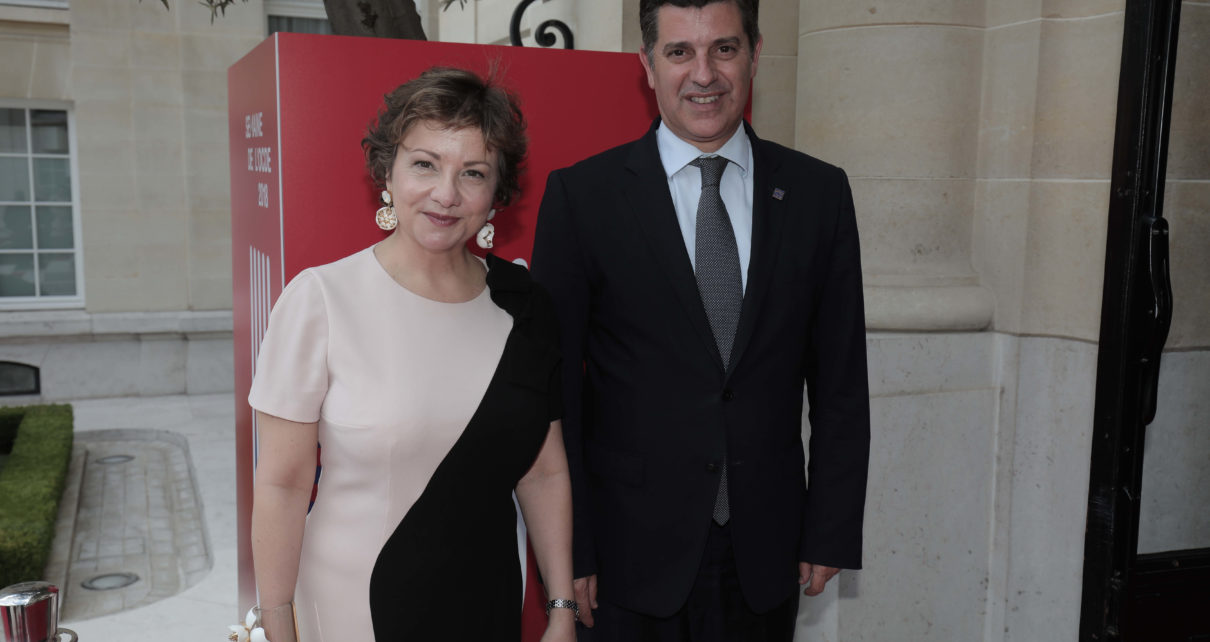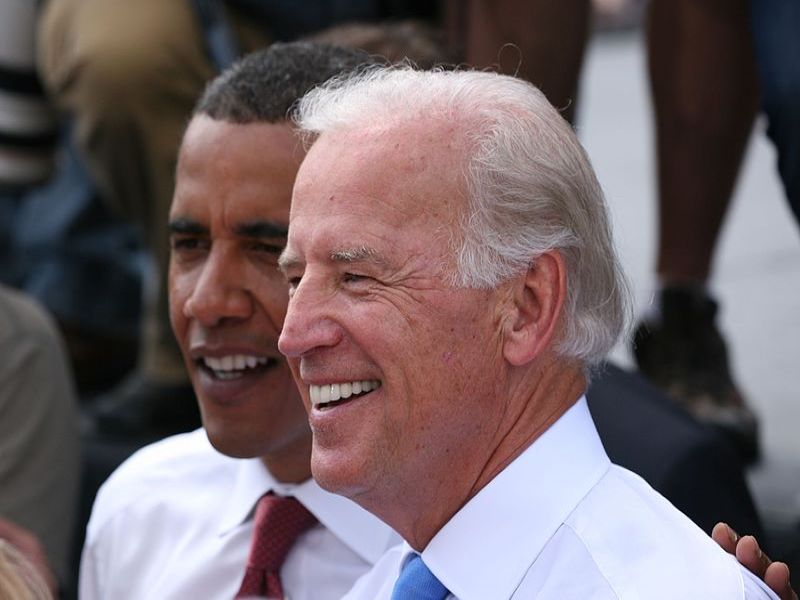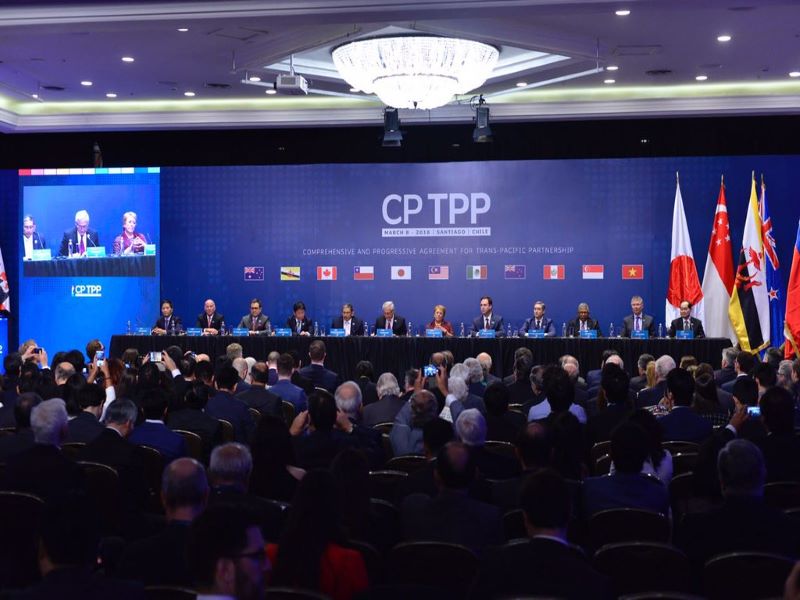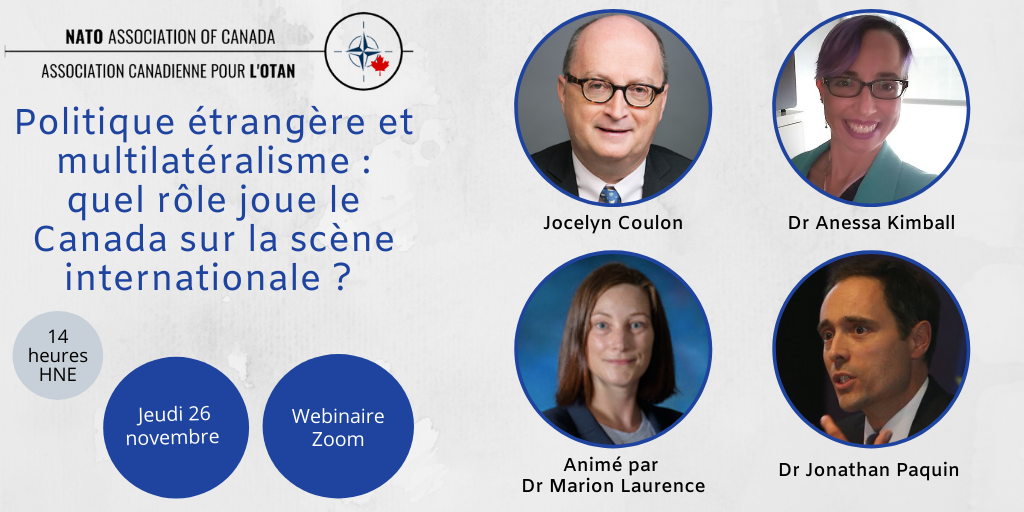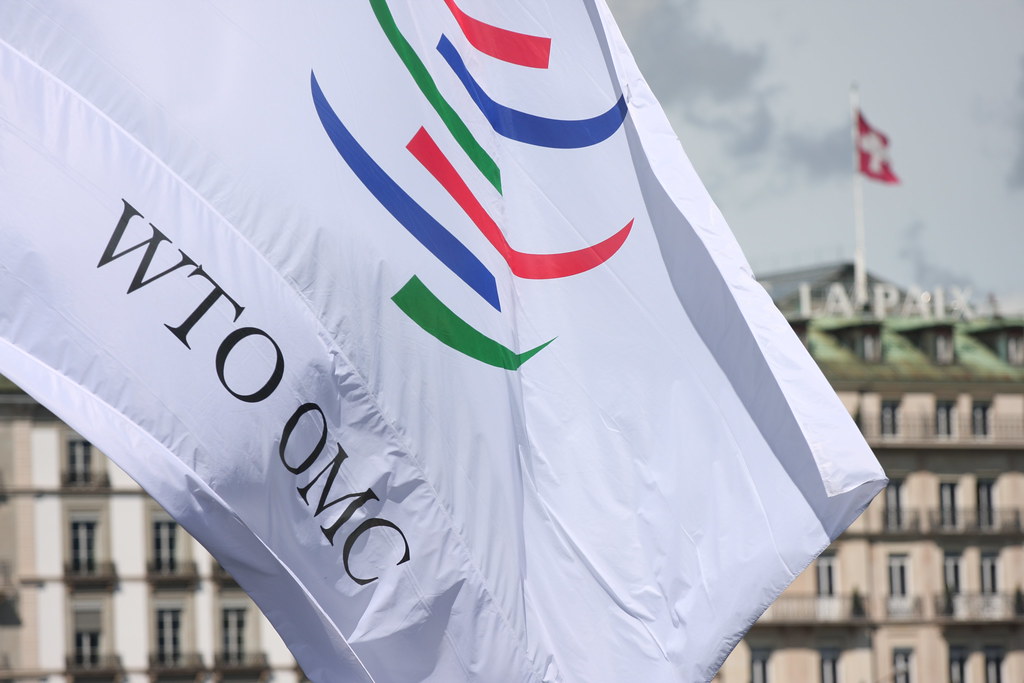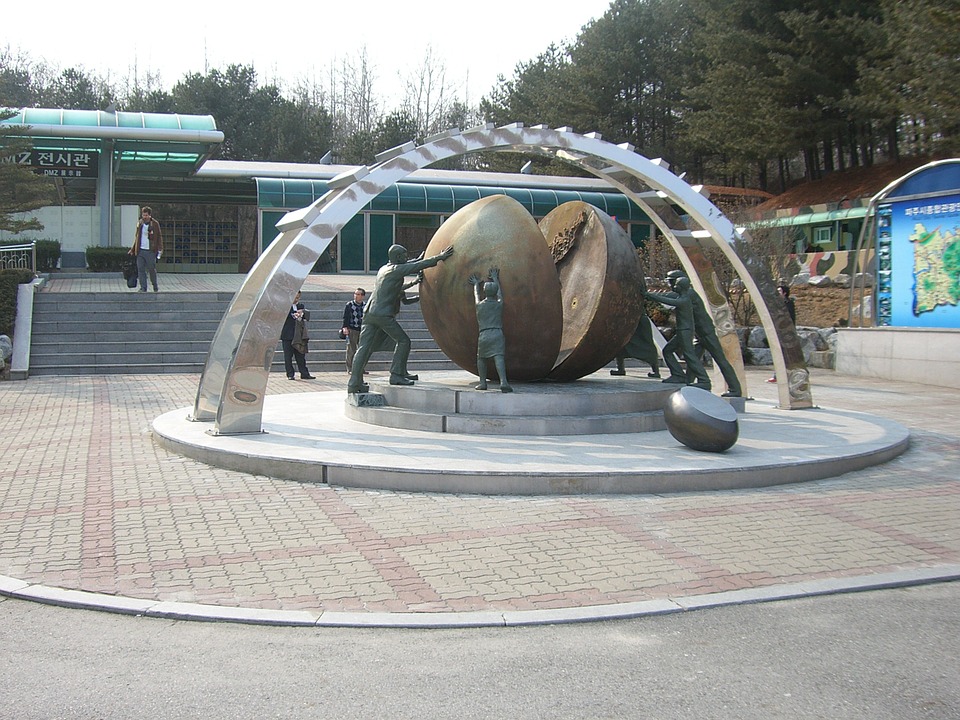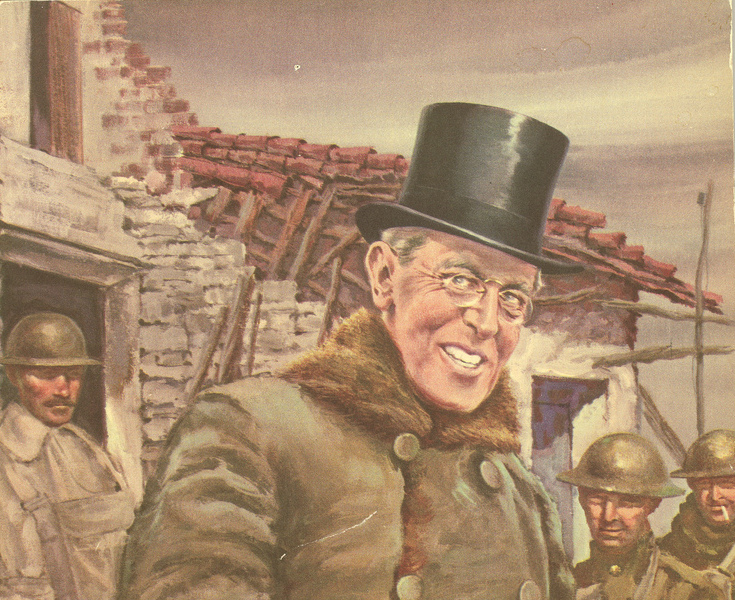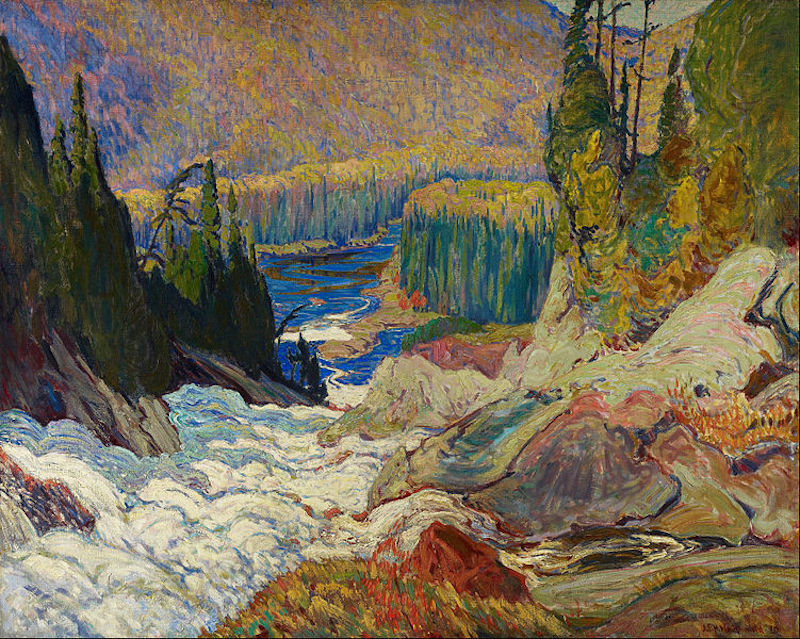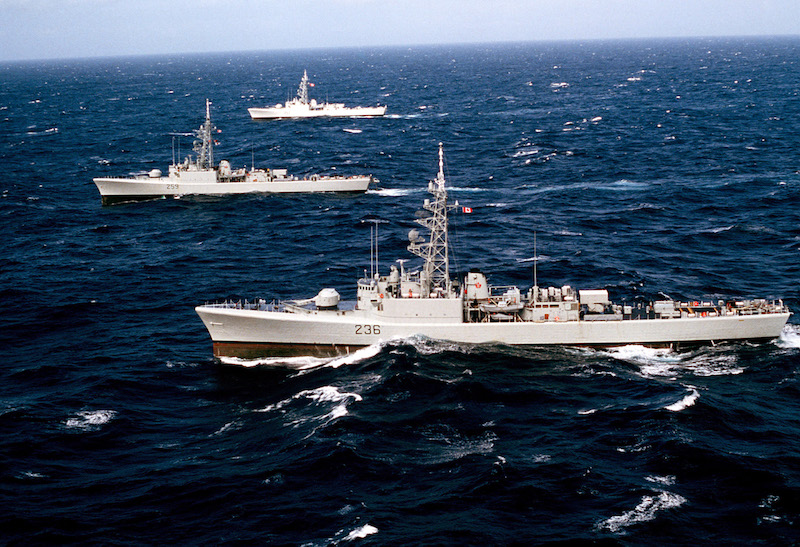What do multilateralism and human connection have in common? According to Josée Touchette, they both play a role in the solving the world’s most pressing issues. On January 24th, Josée Touchette, Executive Director of the Organization for Economic Cooperation and Development (OECD), spoke at the Munk School of Global Affairs and Public Policy regarding multilateralism Read More…
Tag: multilateralism
Biden and the Comprehensive and Progressive Transpacific Partnership: Challenges for Re-entry
The greatest challenge for Biden in the Pacific may be proving that U.S participation in multilateral-free trade agreements is a necessity and not a luxury. Emilio Angeles writes.
The Future of Canada-Japan Relations in the Post-Trump Era
The Canada-Japan relationship is well established but it will face some uncertainty in the coming years. In this article, Emilio Angeles examines the bilateral-relationship and highlights potential areas of contention between the two countries.
Politique étrangère et multilatéralisme : quel rôle joue aujourd’hui le Canada sur la scène internationale ?
L’Association Canadienne pour l’OTAN a organisé le jeudi 26 novembre une discussion virtuelle à propos du role du Canada sur la scène internationale. Le 17 juin dernier, le Canada n’a pas rassemblé les votes nécessaires à l’obtention d’un siège au Conseil de Sécurité de l’ONU, pour la deuxième fois en dix ans. Que cet évènement Read More…
The WTO and PTAs: Channeling Bilateral Trade Towards Broader Trade Liberalization
In this article, Dan Poliwoda reviews the recent proliferation of preferential trade agreements, and considers how the WTO should respond, as international trade trends away from multilateralism towards bilateralism.
Can A Multilateral Security Organization, Modeled on NATO, Be Established in Northeast Asia?
NATO has always been a collective defence organization, aimed at repelling an external threat to Alliance members. However, ever since the Harmel Report of 1967, and certainly since the end of the Cold War, NATO’s purview has widened to include a much more prominent diplomatic role, related to a much broader understanding of what constitutes a security concern, without compromising its original mission. Changsung Lee considers whether this latter-day understanding of NATO’s purpose might serve as a template for a future multilateral security structure in Northeast Asia that could facilitate a rules-based order in that region, and perhaps help catalyze the reunification of the Korean Peninsula.
Woodrow Wilson and World War I, One Hundred Years On
On the centenary of the end of World War I, people from democratic societies should look back and appreciate how much they have benefited from the rules-based international order that was proposed by Woodrow Wilson after that conflict. Justin Dell looks at what the world stands to lose if Wilson’s legacy is discarded in favour of a return to an anarchic world of great-power rivalry.
Donald Stovel Macdonald: Fixture of the Canadian Political Landscape
The NATO Association of Canada had the privilege of having the late Honourable Donald Stovel Macdonald (1932-2018) as its Chairman from 1998 to 2003. NAOC Program Editors, Ryan Atkinson and Justin Dell, look back on Macdonald’s life and the impact it had on the NATO Association of Canada and the Canadian people as a whole.
Lessons from the Canada-Spain Turbot War: A Cautionary Tale of Multilateral Governance
In 1995, Canada and Spain entered into a maritime dispute off the eastern coast of Canada. Canadian warships intercepted and seized Spanish fishing vessels not obeying the quotas of multilateral institutions tasked with fostering intergovernmental cooperation in the area. This conflict, dubbed the Turbot War, is an example of Canada use of unilateral force when multilateralism fell short. Lessons from this case should be applied to the changing Far North.

